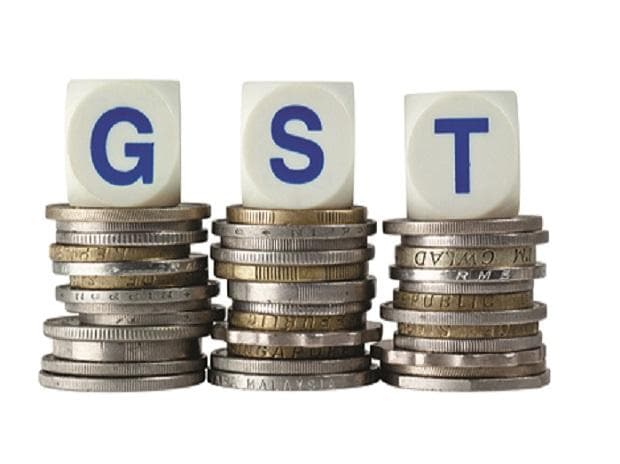Our worst fears are now coming
true, Amit Mitra writes to Sitharaman.
Ahead of the
crucial single-agenda GST
Council meeting on Thursday, most states — including those governed by the
BJP — reached a consensus that the Centre should borrow to compensate states
for the revenue shortfall owing to inadequate cess collection.
States have
objected to borrowing from the market themselves, and will seek an extension to
the compensation period beyond the promised FY22.
Sushil Kumar Modi,
deputy chief minister of Bihar, told Business Standard that market borrowing
appeared to be the only logical option, that too by the Centre. “It would be
better if the Centre borrowed, because it would have to provide guarantee for
states’ borrowings anyway. Besides, the Centre will be able to borrow at a
lower interest rate,” he said.
He added that
raising tax slabs by a percentage point each would only result in additional
revenue of Rs 60,000 crore, compared to the projected shortfall of Rs 3.65
trillion in FY21. “Collections in the present fiscal year are estimated to be
65 per cent of last years. Raising tax
rates immediately may not be feasible due to the pandemic. Even if a few
more items are added to the cess basket, it will not make much of a
difference,” Modi added.
Repayment of the
borrowed sum will have to be made from cess collections, which is only available
till FY22 and needs to be extended by 3-5 years, according to the states’ view.
No compensation
has been paid for FY21 so far, even as four months’ compensation (till July) is
due under the bi-monthly payment mechanism.
According to
finance ministry sources, Attorney General K K Venugopal has suggested that the
Council recommend to the Centre for allowing states to borrow on the strength
of future receipts, from the compensation fund.

No comments:
Post a Comment